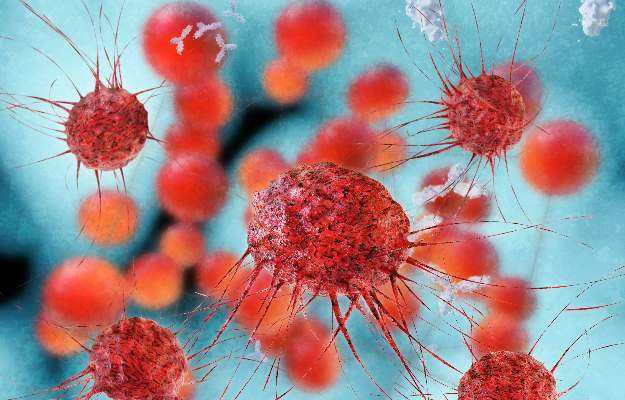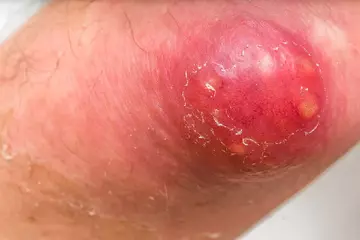Guillain-Barré syndrome (GBS) is a rare neurological condition in which the body's immune system mistakenly starts attacking the peripheral nervous system. The peripheral nervous system consists of the network of nerves located outside the brain and spinal cord. GBS can affect anyone, but it is mostly seen in adults and older people.
While GBS may present with mild weakness in some cases, in others it may present with complete body paralysis leaving the person unable to even breathe on their own.
Most GBS patients make a complete recovery, even with the most severe symptoms. That said, 3-5% of GBS patients die from complications such as paralysis of the muscles that control breathing, blood infection, lung clots, or cardiac arrest.
Common treatments for GBS include plasma exchange and high-dose immunoglobulin therapy. However, after recovery, some people may continue to have some degree of weakness.

 Doctors for Guillain-Barré Syndrome
Doctors for Guillain-Barré Syndrome 





































